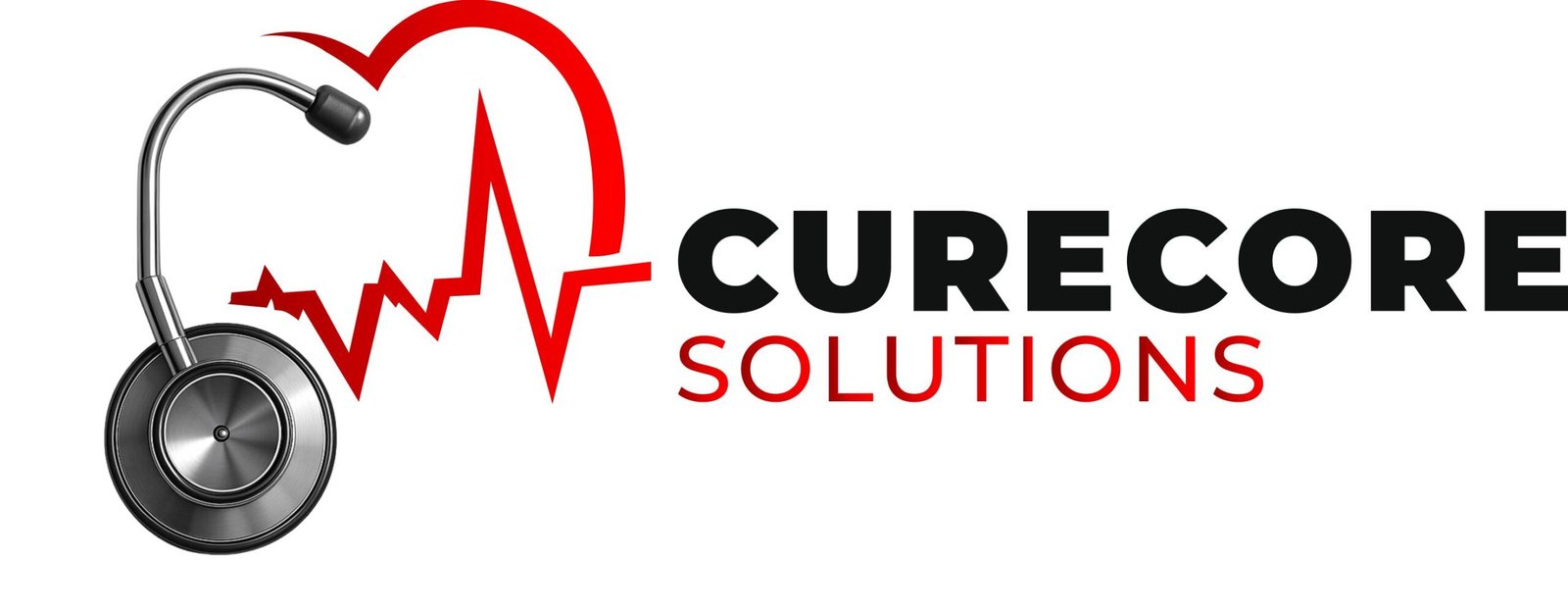The day I parted ways with my trusty green 1998 Buick Century to settle a college loan and instead invested in a run-down old Geo Metro, a stick shift no less, my heart shattered into a million pieces. Each shard seemed to splinter into a million more, leaving me devastated beyond measure. It took an eternity to grasp the mechanics of maneuvering a manual drive. But beyond the stark realities of our capitalist financial system, this experience taught me a profound lesson – our innate resistance to change.
Throughout my life, interactions with doctors, whether as patients, friends, or family, have revealed them as a scholarly bunch, radiating an aura of knowledge, wisdom, and tradition. They are healers with a profound sense of purpose, some having dedicated themselves to the profession long before my time. Their expertise transcends eras, predating the digital revolution that reshaped our world. Back when scribbling prescriptions by hand was the norm, they honed their craft, embodying a tradition that delicately wove together sagacious wisdom and life-saving skills. They are literate saints, instilling a calming reassurance that surpasses the cold efficiency of electronic gadgets. I mean, what can one say to an EKG monitor?
Given this rich heritage, it’s understandable why these luminaries might hesitate to embrace Electronic Health Records (EHRs) in their practice. The deeply ingrained customs of the past make them wary of adopting a wholly new paradigm. Yet, true to their nature as bearers of hope and optimism, they adapt, evolve, and learn. They rise to the challenge, allowing modern EHR systems like iMed Billing Proto redefine healthcare standards, even as syndromic surveillance data pave the way for a brighter future. In this utopian world, where aging is graceful and groundbreaking treatments emerge from the crucible of technological advancement, a patient’s clinical history becomes a lifeline stored in an electronic medical record, ready to be analyzed, evaluated, and applied to save lives.
Change is hard to accept, and breaking free from the immobilizing shackles of tradition is daunting. Yet, sometimes, reinventing the wheel is necessary to ensure a smoother journey. If trading my car taught me anything, it’s that embracing change can lead to unforeseen growth. After all, when Da Vinci sketched the world’s first helicopter five centuries ago, many dismissed him as a lunatic. But today, his vision has become a reality, a testament to the power of innovation and adaptation.
